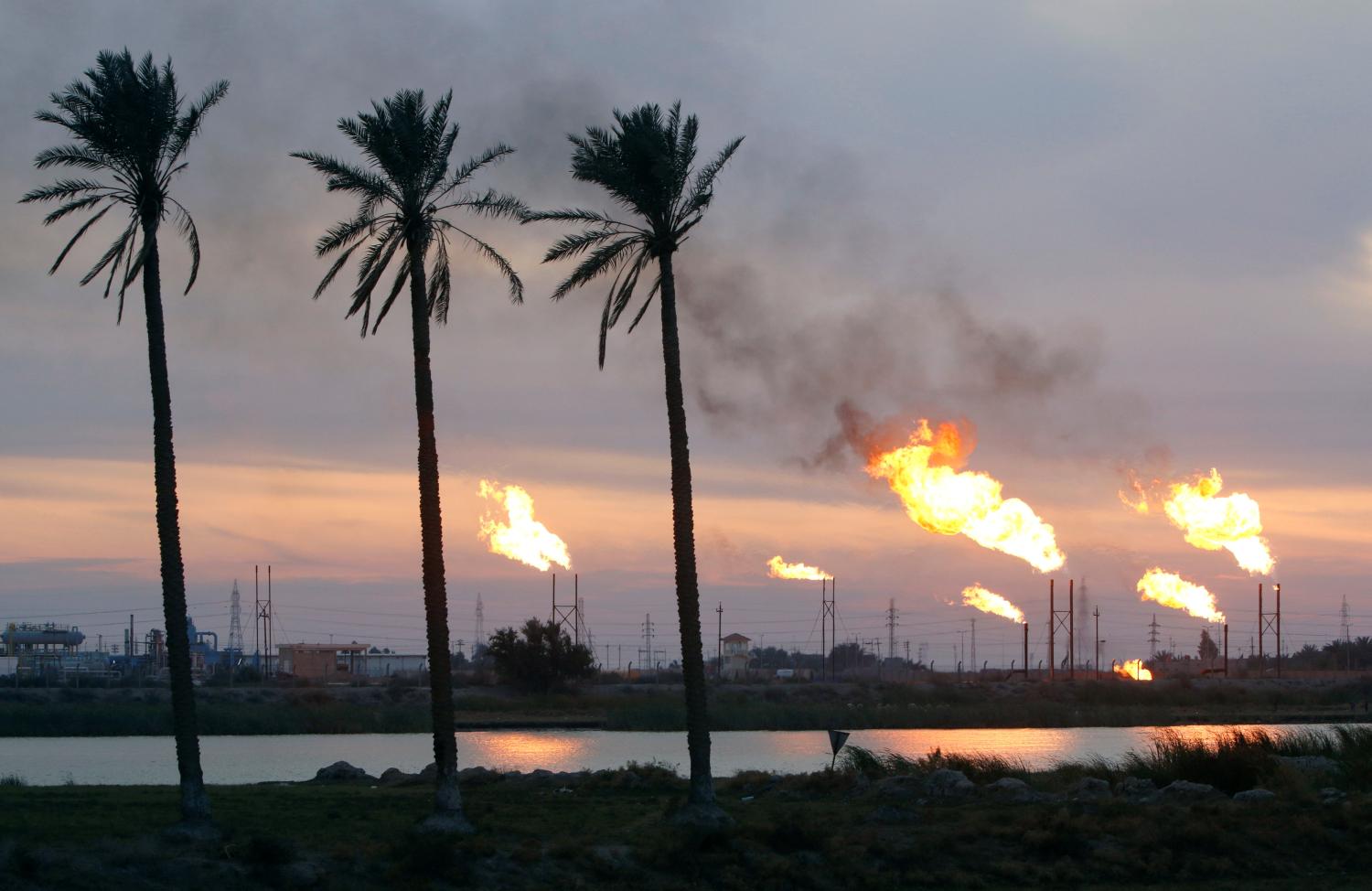Content from the Brookings Doha Center is now archived. In September 2021, after 14 years of impactful partnership, Brookings and the Brookings Doha Center announced that they were ending their affiliation. The Brookings Doha Center is now the Middle East Council on Global Affairs, a separate public policy institution based in Qatar.
Over the last couple of decades, much of the Middle East and North Africa (MENA) has witnessed protests, labor unrest, localized demands for development, and movements for autonomy or even secession. While those incidents have communicated a wide variety of grievances, a closer look at the nature of the demands highlights some recurring themes in specific localities across the region. This is particularly true in regions that are rich in natural resources. People in the Kurdish region of Iraq and Basra, Barca in Libya, Khuzestan in Iran, Gafsa in Tunisia, the Eastern Province of Saudi Arabia, Hasakah and el-Zour in Syria, and Hadramawt and Sheba in Yemen have all voiced grievances about their lagging development vis-a-vis other areas within their respective countries, despite the fact that resource revenues are generated within their regions.
Read: “Resource regionalism in the Middle East and North Africa: Rich lands, neglected people“
In this analysis paper, Robin Mills and Fatema Alhashemi shed light on “resource regionalism” in the MENA region, which refers to increasing desires in resource rich regions to retain more of the wealth generated within their lands. The authors place those desires within a wider framework of spatial inequalities and social fragmentation that are the effects of colonial legacies, centralized states, resource reliance, and the lack of political rights. They examine how the uneven geographic distribution of resources factors into conflict, warning that resource regionalism can prolong conflicts in the event of political shocks, such as civil war, regime change, popular uprisings, partition, or foreign invasion. The authors identify spatial inequalities as a recurring concern within those regions and explore ways to enhance resource revenue allocation by governments. They weigh a few mechanisms, including resource revenue sharing tools, regional development funds, regional state-owned enterprises, and resource dividends, briefly highlighting the advantages and disadvantages of each. They conclude their analysis paper with a case study on Iraq to illustrate the possible effects of resource regionalism.
The Brookings Institution is committed to quality, independence, and impact.
We are supported by a diverse array of funders. In line with our values and policies, each Brookings publication represents the sole views of its author(s).




